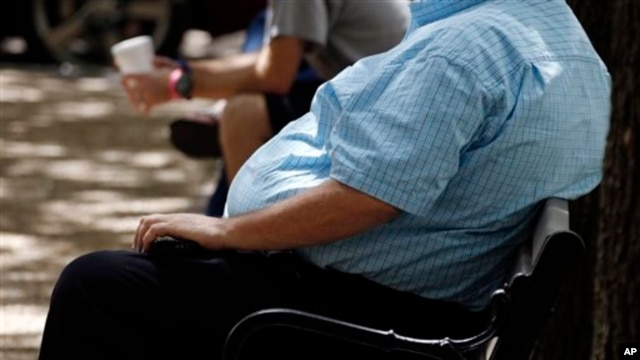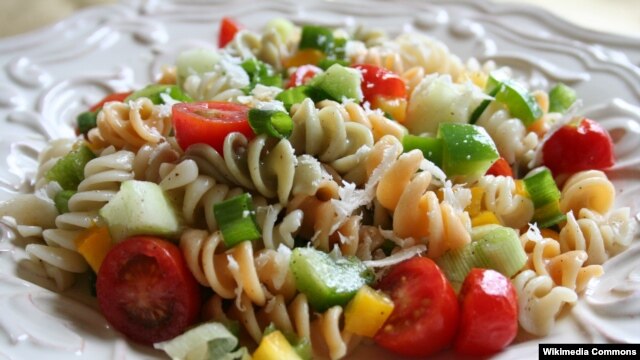Bleipriester
Freedom!
Do you remember these funny comparisons?

Forget them. Almost 60 % of us Europeans are tubby gorging machines that pump eleven liters of pure alcohol into themselves each year. And of course, we smoke like an industrial area.
"“Europeans drink and smoke more than anyone else. We are world champions — and it's not a good record," said Claudia Stein, WHO Europe's head of information, evidence, research and innovation.
She said this could have the most serious impact on young people, since their lives may be shortened unless something is done to reduce consumption of tobacco, alcohol and calories.
Just under 60 per cent of people in the WHO's European region are either overweight or obese, and 30 percent use tobacco. Some 11 litres of pure alcohol is drunk per person per year."
WHO warns Europeans over smoking, drinking and eating too much

Forget them. Almost 60 % of us Europeans are tubby gorging machines that pump eleven liters of pure alcohol into themselves each year. And of course, we smoke like an industrial area.
"“Europeans drink and smoke more than anyone else. We are world champions — and it's not a good record," said Claudia Stein, WHO Europe's head of information, evidence, research and innovation.
She said this could have the most serious impact on young people, since their lives may be shortened unless something is done to reduce consumption of tobacco, alcohol and calories.
Just under 60 per cent of people in the WHO's European region are either overweight or obese, and 30 percent use tobacco. Some 11 litres of pure alcohol is drunk per person per year."
WHO warns Europeans over smoking, drinking and eating too much



